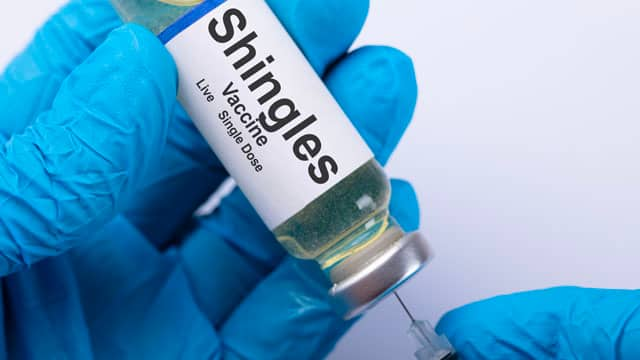What is HIV?
HIV is a virus that attacks the body's immune system. The virus multiplies rapidly throughout the body and targets the T cells, which fight off common bacteria, viruses, and other infections. As a result, people with HIV become more susceptible to other illnesses that aren't typically much of a threat to a healthy immune system.
Signs of an HIV infection include:
- Severe flu-like symptoms
- Fever
- Chills
- Fatigue
- Headaches
- Swollen lymph nodes
- Mouth ulcers
- Muscle and joint pain
What is Oral Thrush?
Oral thrush is a yeast infection that develops when the candidiasis fungus accumulates in the mouth. Candidiasis is a fungus that's commonly found in the mouth, skin, and digestive tract caused by yeast. A healthy balance of bacteria can defend the body from harmful microorganisms; however, an overgrowth of candidiasis is usually a result of the body's protective mechanisms failing. A thick white coating in the mouth, cheeks, and tongue is the most notable indication of the infection.
Additional oral thrush symptoms include:
- Sore throat
- Loss of taste
- Bleeding from scraped lesions
- Cottonmouth
Why Do People With HIV Have Oral Thrush?
Since the likelihood of developing oral thrush is more common in weakened immune systems, it's typically among one of the first indications of HIV in a person because their bodies are less likely to control the fungus. A healthy mouth and immune system are full of helpful bacteria and microorganisms that keep Candidiasis in check.
What are the Stages of HIV?
Though there are three stages of HIV, people commonly only begin experiencing symptoms in the third stage as the rapidly growing virus destroys the body's protective properties.
Stage 1: Acute HIV Infection is the earlier stage of HIV. Symptoms could occur two to six weeks after encountering the virus. Your body will fight against the virus as it attacks and destroys the immune system.
Stage 2: Chronic HIV Infection damages the immune system at a slower rate than at the initial exposure. During this stage, the virus goes dormant in the body for two to ten years before the final stage.
Stage 3: Acquired Immunodeficiency Syndrome (AIDS) is the most severe stage. If HIV remains untreated, the immune system is so weakened there is a high risk of complications from viruses and fungal infections.
Is Oral Thrush Preventable?
A healthy mouth has a major impact on overall health. It prevents harmful bacteria from entering the bloodstream and causing infections like oral thrush. Some simple ways to keep your mouth healthy and to prevent oral thrush include:
- Brush your teeth twice a day
- Practice interdental flossing daily
- Routine visits to a dental professional
Testing is the only way to diagnose HIV. Fortunately, treatment for HIV has improved drastically over the years. Anti-retroviral therapy (ART) can slow the disease's progress in the body and reduce the possibility of people who test positive for HIV to transmit the virus to others.
Oral Care Center articles are reviewed by an oral health medical professional. This information is for educational purposes only. This content is not intended to be a substitute for professional medical advice, diagnosis or treatment. Always seek the advice of your dentist, physician or other qualified healthcare provider.
ORAL HEALTH QUIZ
What's behind your smile?
Take our Oral Health assessment to get the most from your oral care routine
ORAL HEALTH QUIZ
What's behind your smile?
Take our Oral Health assessment to get the most from your oral care routine















